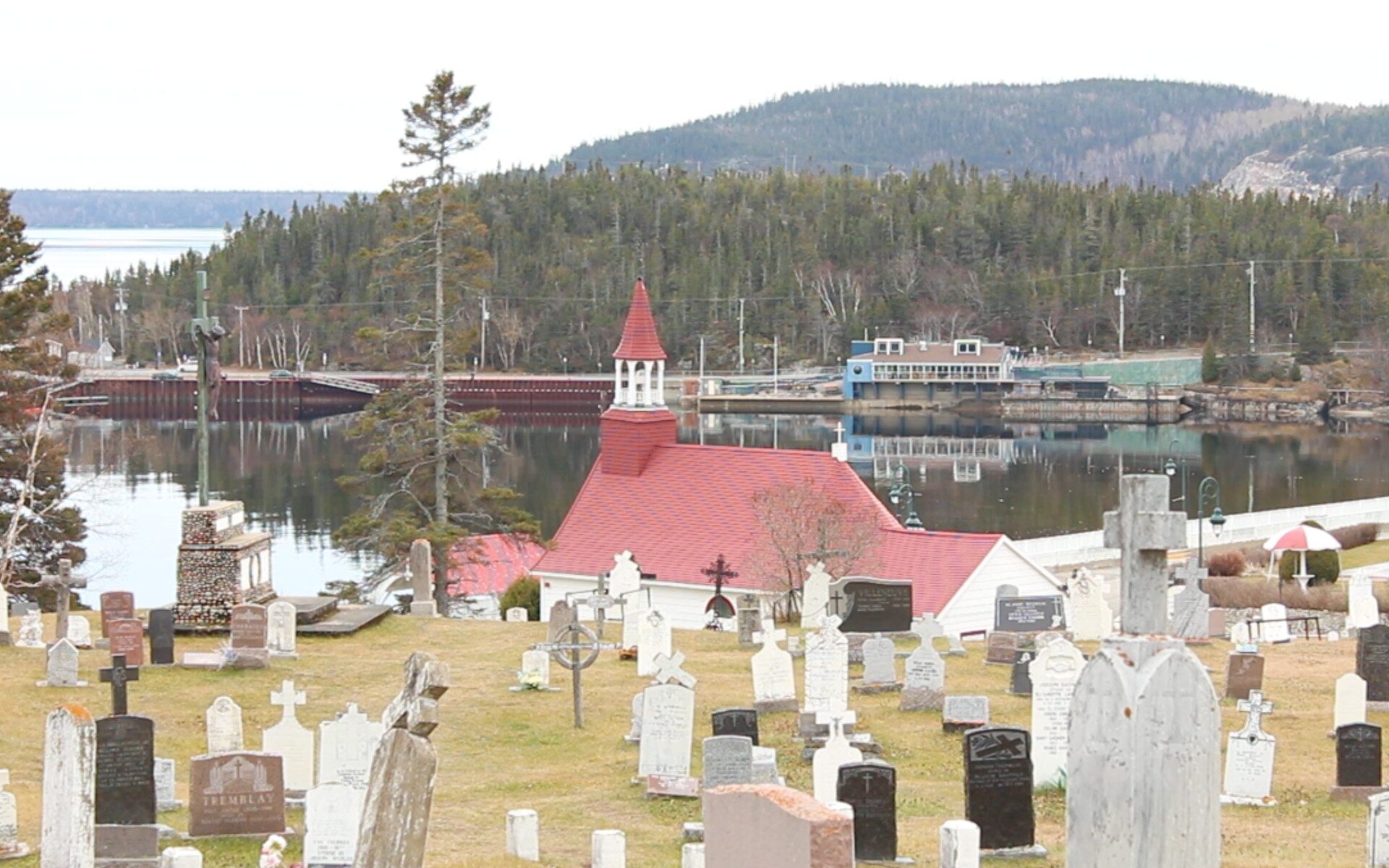An uncertain future

“What is the impact? We don’t really know yet. This is a changing landscape. This is a landscape that we don’t know really well.“
— Lori Beaman
Canada Research Chair for Religious Diversity and Social Change & professor in the Department of Classics and Religious Studies at the University of Ottawa
With religious practice and the number of religious workers declining, and with an increasing diversity of beliefs, the fate of religion in Canada is uncertain. Christianity, which used to monopolize the Canadian religious landscape, is losing influence. As a result, the very fabric of Canadian society is changing.
“We still see clinging to a kind of Christian hegemony, where people insist that prayer, religious symbols, such as crucifixes and crosses, are still an important part of public life,” said Lori Beaman, Canada Research Chair for Religious Diversity and Social Change.
But at the same time, “we have other voices saying that those kinds of symbols and practices are exclusionary and not inclusive,” she said.
Debates on the role of religion and secularism in Canadian society have seeped into politics as well. Last June the Quebec government passed Bill 21, a secularism law meant to “affirm the laicity of the State,” by prohibiting provincial public servants from wearing religious symbols while working.
While the province claims the legislation is aligned with freedom of religion and that applies equally to all citizens, in reality it disproportionately affects religious minorities more.
There is a double standard in the law, noted Pamela Klassen, professor in the Department for the Study of Religion at the University of Toronto. “You have to wear a mask, but you can’t wear a [religious face covering],” she said. “At the same time that you have the cross in the National Assembly that cannot be removed.”
Civil liberties groups challenged the bill in court after it was passed.
On Apr. 20, 2021, Quebec’s Superior Court ruled that the bill violates the rights of religious minorities that are protected by Section 3 of the Charter of Rights, saying it forced people to choose between their personal beliefs and their preferred career. “It’s a cruel consequence that dehumanizes the people affected,” Justice Marc-André Blanchard wrote in his decision.
Despite this, the court found that the bill was lawful because of the Constitution’s notwithstanding clause.
But Blanchard also declared that the law couldn’t be applied in English school boards because they are protected by the Charter’s minority languages education rights. The court also said that members of the National Assembly were exempt because the Charter guarantees the rights of citizens to elect who they want to represent them.
The future of religion in Canada may be uncertain, but one thing is sure: Canadian society will have to reckon with increasingly diverse worldviews and lifestyles, said Beaman, who is also a professor in the Department of Classics and Religious Studies at the University of Ottawa.
This means that conversations around inclusion in relation to religious practices and secularism are needed, she said.
As for the Roman Catholic Church, it is learning to adapt to the situation by not only hiring priests from abroad, but also by letting individuals take on more active roles in the church.
“There is a new way of working at church – first by working with parishioners, so that the priest doesn’t have to do everything like counting money or cleaning the church,” explained Luc Paquet, rector of the Grand Séminaire de Québec.
African priests that come to work in Quebec’s Côte Nord have encouraged this too, said Claude Deschênes, pastoral representative for Sacré-Coeur, Que. He said they would tell him that it was time for priests to leave presbyteries and let worshippers assume more responsibilities.
“What [local] priest would have dared to say that?,” he said. “I think that’s the nicest thing I’m seeing now in Church … There are more and more people that come and that tell me ‘Claude, I would also like to get involved’,” he said.
Today when someone goes to see a priest or takes part in religious activities, they are doing it because their faith is very strong – not because it’s socially expected, said Léonard Kapia , a Congolese priest who works in Deschênes’ parish.
Making space for a different type of engagement
Those who stopped adhering to a religion have not necessarily abandoned charitable giving or volunteering, Beaman said. Instead, we are seeing a shift where people are now putting their energy in things like the environment or social justice, instead of things like church fundraisers.
And while Canadian youth may not be raised in a religious setting, they are learning about issues such as gender equality, racial equality, and inclusion. “I think that there’s more space for these movements. And that’s actually a positive thing,” she said.
Top photo © Émilie Warren

